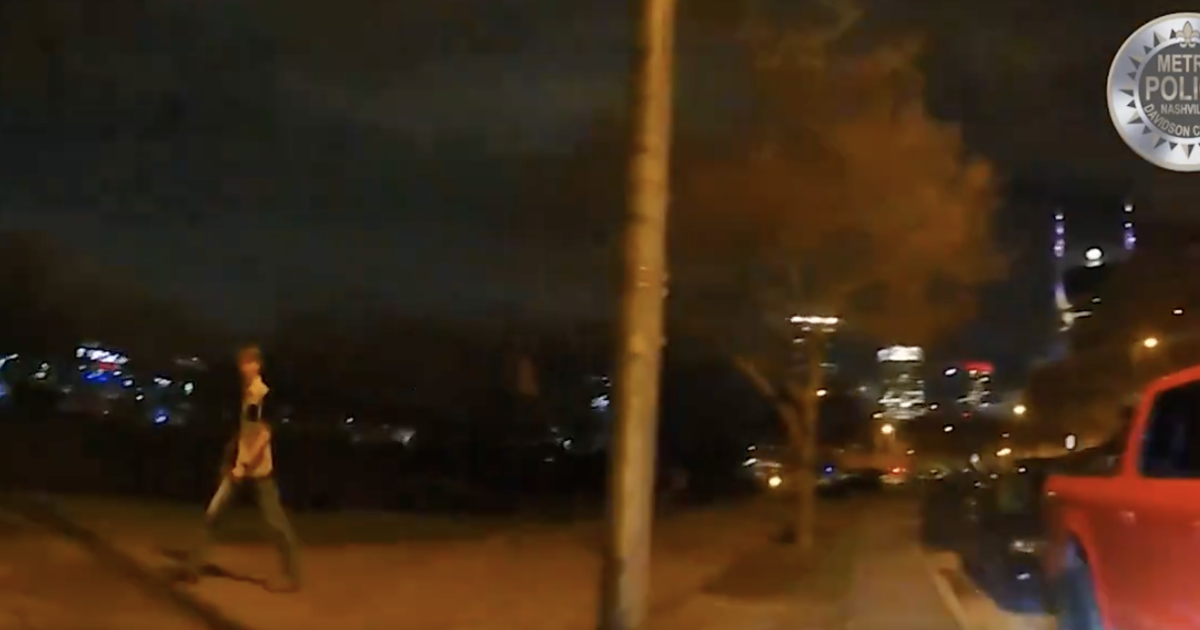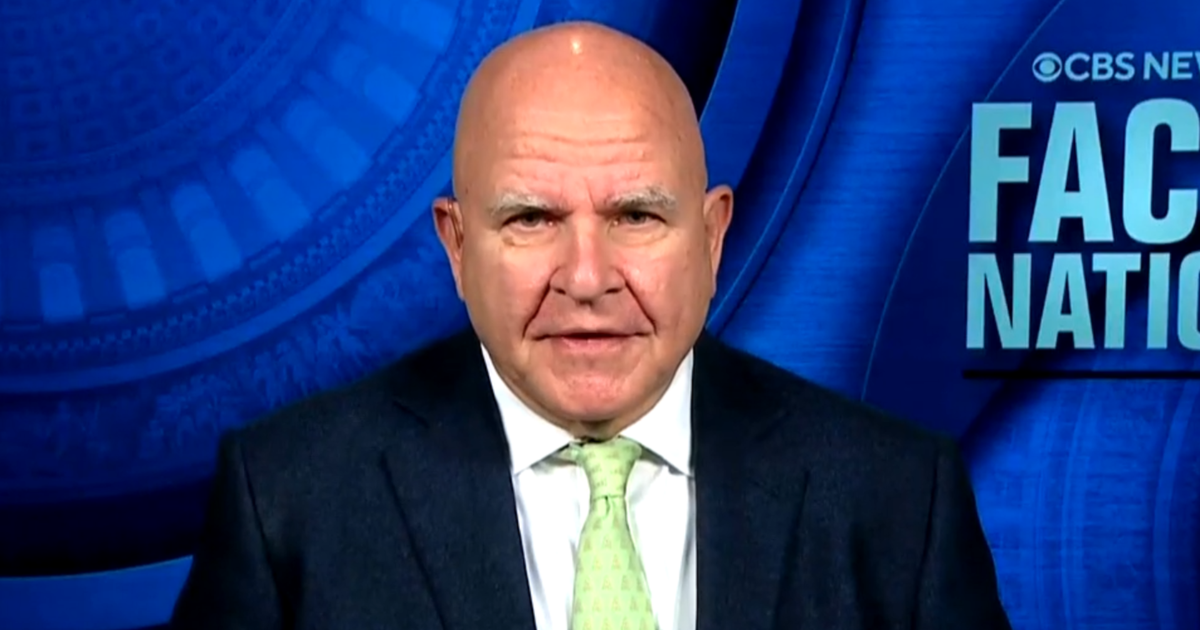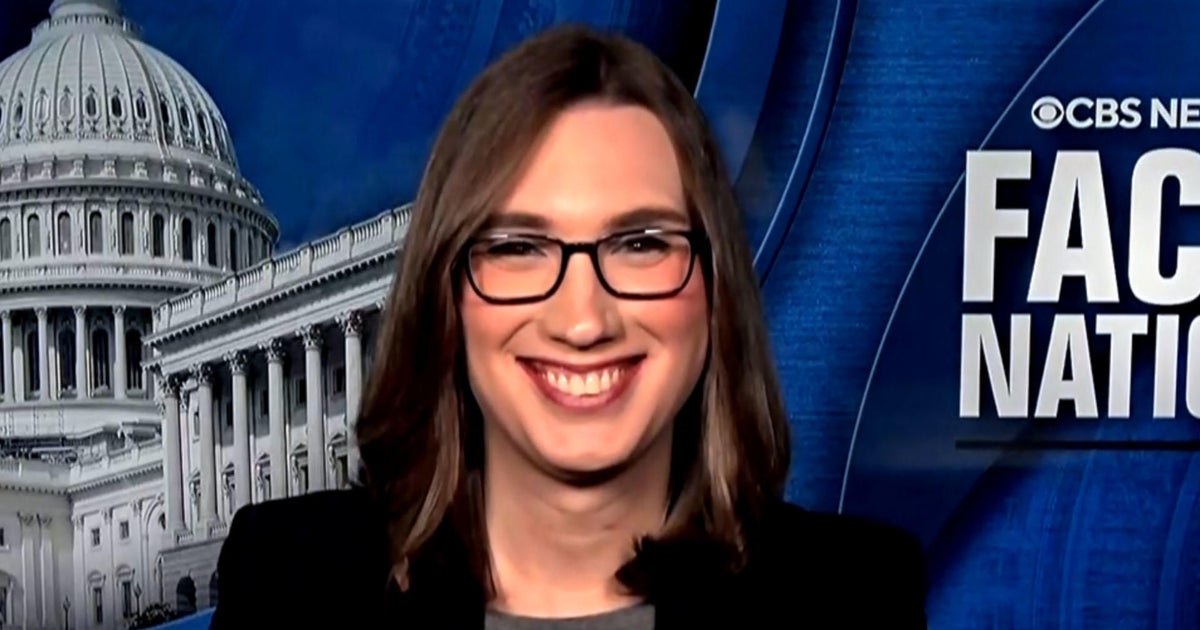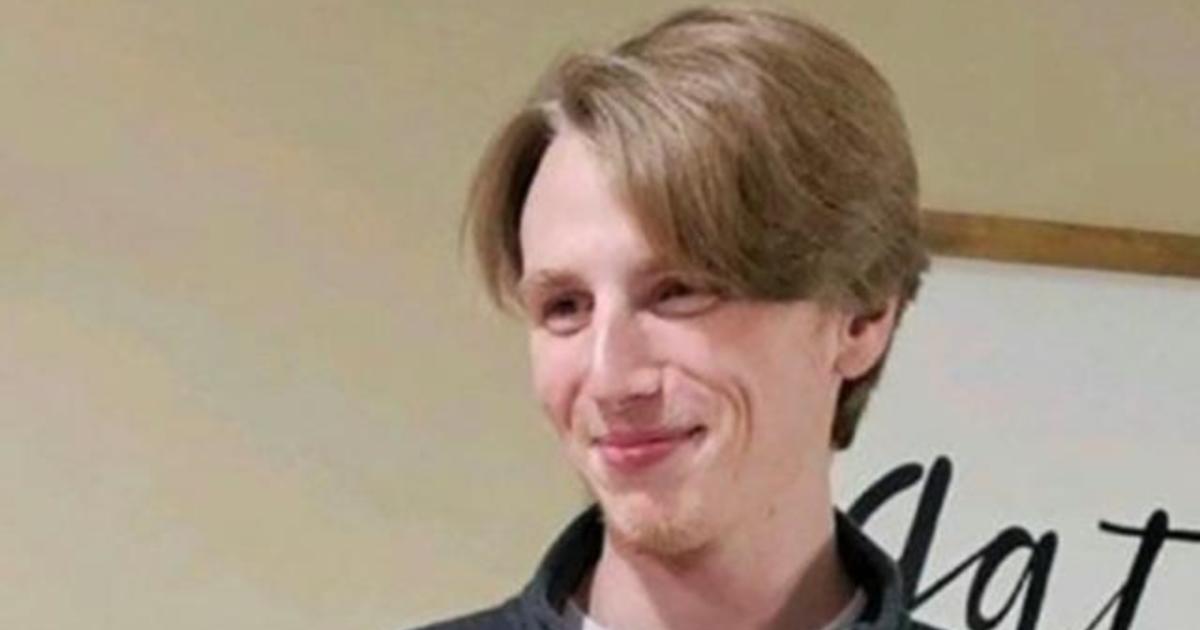CBS News
A timeline of events the night Riley Strain went missing in Nashville

Investigators in Nashville are still searching for Riley Strain, a 22-year-old University of Missouri student who disappeared on March 8 after drinking with his fraternity brothers in the city’s downtown. The Metro Nashville Police Department has released several videos that show Strain walking alone. Here is a timeline of events the night Strain disappeared.
9:35 p.m. Luke’s 32 Bridge
Strain and his friends were in the city for the weekend and staying at a downtown hotel. On March 8, they went to Luke’s 32 Bridge, a bar owned by music artist Luke Bryan.
Strain was escorted out of the bar at 9:35 p.m. according to a joint statement from the bar’s management company and Bryan. They said the decision to ask Strain to leave was made “based on our conduct standards.”
The Tennessee Alcoholic Beverage Commission announced it was going to investigate claims that Strain was overserved at the bar. The bar’s records show he ordered one alcoholic drink and ordered two waters, according to the statement.
9:47 p.m. Gay Street
Nashville police released a video showing Strain crossing Gay Street at around 9:47 p.m. after leaving the bar. According to Google Maps, the street is about a 16-minute walk from Luke’s 32 Bridge.
Google Maps
Bodycam footage shows Strain on Gay Street
Officer Reginald Young was on Gay Street responding to a call about a vehicle burglary and his body-worn camera captured Strain walking down the sidewalk. Strain is not visibly distressed and he and Young exchange a short greeting.
Strain appears in the bodycam footage around the 14-second mark. Young was on that street for about 45 minutes.
9:52 p.m. last sighting on Gay Street
Strain’s last sighting on Gay Street was 9:52 p.m. “No video has been discovered that shows Riley away from Gay St. after the 9:52 p.m. timeframe,” the police department wrote on social media.
The detectives on the ground and the police department’s helicopter searched the area, but there have been no sightings of Strain.
About 1:35 a.m.
One of Strain’s friends reported him missing about four hours after he was escorted from Luke’s 32 Bridge.
A friend on the trip, identified only by his first name, Brayden, told CBS affiliate WTVF he tried to find Strain after he left from the bar on March 8. Brayden also used Snapchat’s location feature to try and locate Strain, but he was unable to find him, he said.
Calls made to Strain’s cellphone went to voicemail after he went missing and investigators said Strain’s phone last pinged near a cell tower less than two miles from Luke’s 32 Bridge.
Aftermath of Strain’s disappearance
After hearing their son was missing, Strain’s parents drove from Springfield, Missouri, to Nashville. His mother, Michelle Whiteid, said she and her son normally talk every day.
“I just need to know where my son is,” Whiteid told WTVF. “We talk every day, multiple times a day, this is the longest I’ve ever gone without talking to him. It’s devastating — I just want to find him and hug him.”
Nashville police began releasing updates about their investigation, sharing the video of Strain crossing the street on Tuesday, March 12.
Strain’s debit card was found Sunday, March 17 on an embankment of the Cumberland River, near where he was last seen more than a week prior. Nashville police shared this information, as well as Young’s bodycam footage on Monday, March 18.
CBS News
Former Trump national security adviser says next couple months are “really critical” for Ukraine

Washington — Lt. Gen. H.R. McMaster, a former national security adviser to Donald Trump, said Sunday that the upcoming months will be “really critical” in determining the “next phase” of the war in Ukraine as the president-elect is expected to work to force a negotiated settlement when he enters office.
McMaster, a CBS News contributor, said on “Face the Nation with Margaret Brennan” that Russia and Ukraine are both incentivized to make “as many gains on the battlefield as they can before the new Trump administration comes in” as the two countries seek leverage in negotiations.
With an eye toward strengthening Ukraine’s standing before President-elect Donald Trump returns to office in the new year, the Biden administration agreed in recent days to provide anti-personnel land mines for use, while lifting restrictions on Ukraine’s use of U.S.-made longer range missiles to strike within Russian territory. The moves come as Ukraine marked more than 1,000 days since Russia’s invasion in February 2022.
Meanwhile, many of Trump’s key selection for top posts in his administration — Rep. Mike Waltz for national security adviser and Sens. Marco Rubio for secretary of state and JD Vance for Vice President — haven’t been supportive of providing continued assistance to Ukraine, or have advocated for a negotiated end to the war.
CBS News
McMaster said the dynamic is “a real problem” and delivers a “psychological blow to the Ukrainians.”
“Ukrainians are struggling to generate the manpower that they need and to sustain their defensive efforts, and it’s important that they get the weapons they need and the training that they need, but also they have to have the confidence that they can prevail,” he said. “And any sort of messages that we might reduce our aid are quite damaging to them from a moral perspective.”
McMaster said he’s hopeful that Trump’s picks, and the president-elect himself, will “begin to see the quite obvious connections between the war in Ukraine and this axis of aggressors that are doing everything they can to tear down the existing international order.” He cited the North Korean soldiers fighting on European soil in the first major war in Europe since World War II, the efforts China is taking to “sustain Russia’s war-making machine,” and the drones and missiles Iran has provided as part of the broader picture.
“So I think what’s happened is so many people have taken such a myopic view of Ukraine, and they’ve misunderstood Putin’s intentions and how consequential the war is to our interests across the world,” McMaster said.
On Trump’s selections for top national security and defense posts, McMaster stressed the importance of the Senate’s advice and consent role in making sure “the best people are in those positions.”
McMaster outlined that based on his experience, Trump listens to advice and learns from those around him. And he argued that the nominees for director of national intelligence and defense secretary should be asked key questions like how they will “reconcile peace through strength,” and what they think “motivates, drives and constrains” Russian President Vladimir Putin.
Trump has tapped former Rep. Tulsi Gabbard to be director of national intelligence, who has been criticized for her views on Russia and other U.S. adversaries. McMaster said Sunday that Gabbard has a “fundamental misunderstanding” about what motivates Putin.
More broadly, McMaster said he “can’t understand” the Republicans who “tend to parrot Vladimir Putin’s talking points,” saying “they’ve got to disabuse themselves of this strange affection for Vladimir Putin.”
Meanwhile, when asked about Trump’s recent selection of Sebastian Gorka as senior director for counterterrorism and deputy assistant to the president, McMaster said he doesn’t think Gorka is a good person to advise the president-elect on national security. But he noted that “the president, others who are working with him, will probably determine that pretty quickly.”
CBS News
Sen. Van Hollen says Biden is “not fully complying with American law” on Israeli arms shipments

Watch CBS News
Be the first to know
Get browser notifications for breaking news, live events, and exclusive reporting.
CBS News
Rep.-elect Sarah McBride says “I didn’t run” for Congrees “to talk about what bathroom I use”

Watch CBS News
Be the first to know
Get browser notifications for breaking news, live events, and exclusive reporting.








